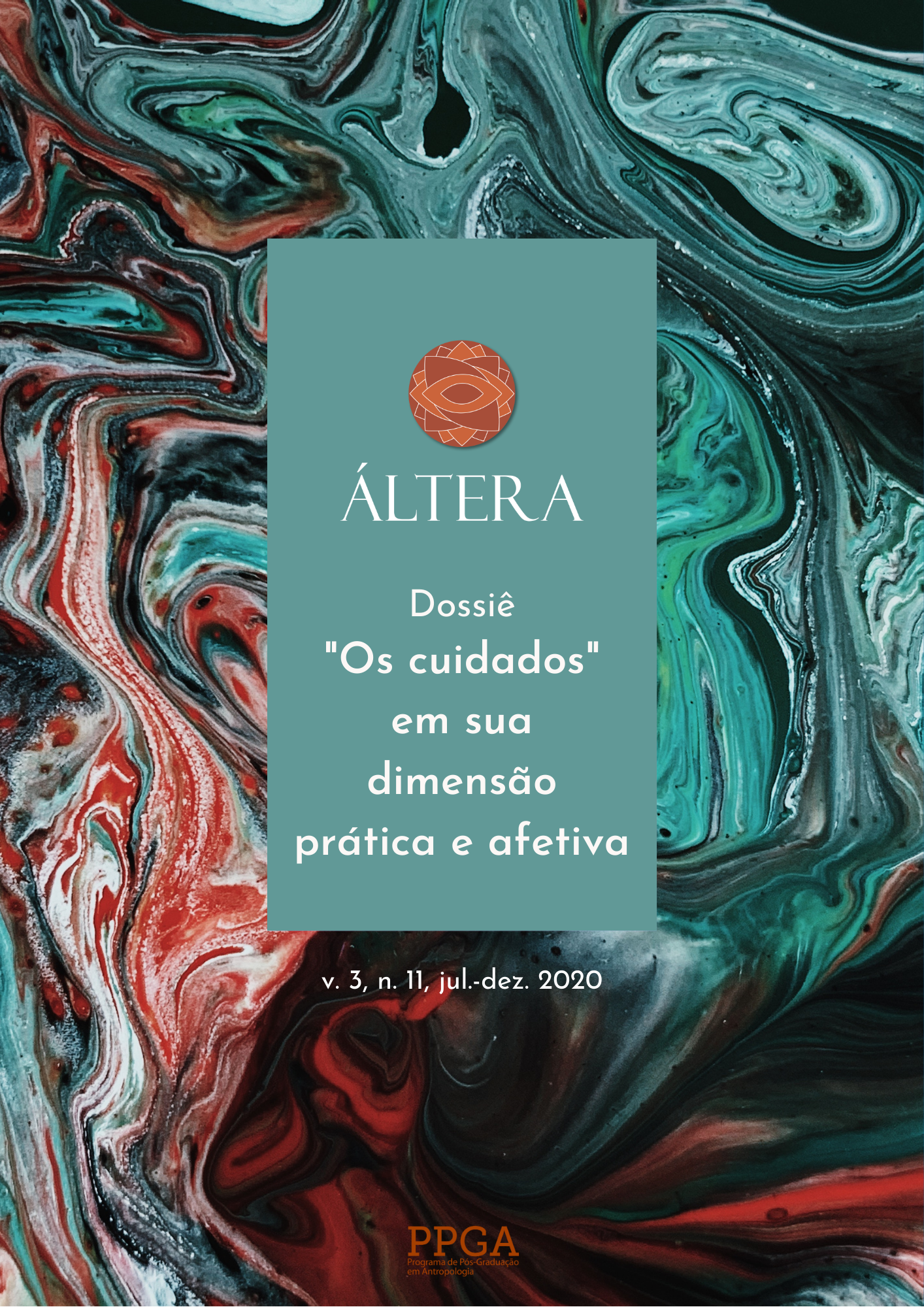Fim da epidemia da Síndrome Congênita da Zika
Pensão vitalícia e governança múltipla de domínios de cuidados
DOI:
https://doi.org/10.22478/ufpb.2447-9837.2020v3n11.51385Abstract
The research project “Doing Ethnography on Care...” accompanied mothers, families, health services and researchers in their response to the Congenital Zika Virus Syndrome (SCZ) in Pernambuco since November of 2016. This study focusses on what remains after the International and National States of Emergency end. The end produces a dilemma for mothers of SCZ children who experienced a period when they were priority among priorities and interacted closely with health, social service, transportation and welfare services as well as with researchers. It deals with the passage from a liminal time of the epidemic, to a new state of being in the post-epidemic period. It discusses relatedness in different care domains and identifies a mutual, but unequal, reinforcement of networks in domains that emphasize social closeness, health and service treatment and knowledge. Finally, it deals with the favourable and unfavourable implications of the publication of a presidential provisional measure granting lifelong pensions to children born with SCZ, resulting in negotiations which were not able to weaken serious restrictive measures imposed by the measure.
Downloads
Downloads
Published
Issue
Section
License
- Autores mantém os direitos autorais e concedem à revista o direito de primeira publicação, com o trabalho simultaneamente licenciado sob a Licença Creative Commons Attribution que permite o compartilhamento do trabalho com reconhecimento da autoria e publicação inicial nesta revista.
- Autores têm autorização para assumir contratos adicionais separadamente, para distribuição não-exclusiva da versão do trabalho publicada nesta revista (ex.: publicar em repositório institucional ou como capítulo de livro), com reconhecimento de autoria e publicação inicial nesta revista.
- Autores têm permissão e são estimulados a publicar e distribuir seu trabalho online (ex.: em repositórios institucionais ou na sua página pessoal) a qualquer ponto antes ou durante o processo editorial, já que isso pode gerar alterações produtivas, bem como aumentar o impacto e a citação do trabalho publicado (Veja O Efeito do Acesso Livre).



